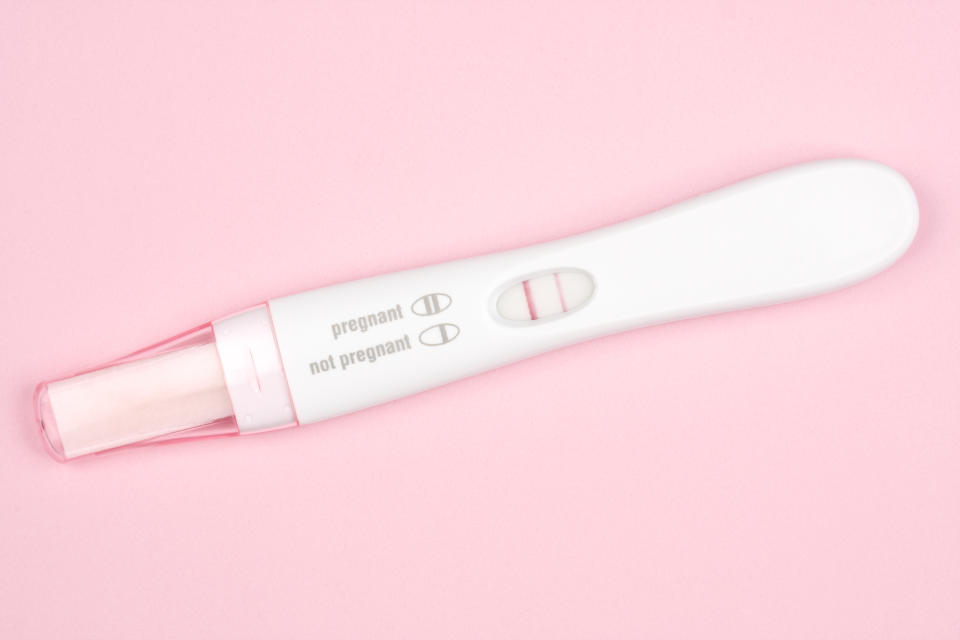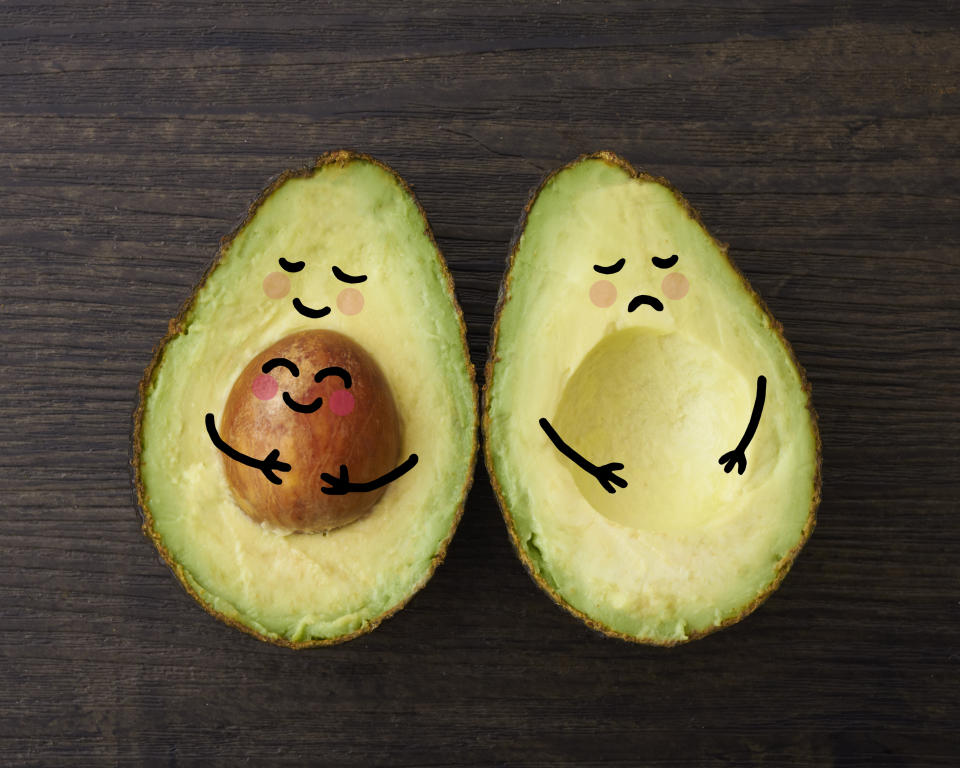7 surprising facts you need to know about your fertility
Women’s fertility can be a minefield - from when fertility declines to how IVF works and if or when we should think about freezing our eggs.
Fertility expert, Tasha Jennings, cleared it up below, revealing all the misconceptions and facts about conceiving.

Your baby’s DNA is nourished 90 days before you conceive
Most women say they’ll stop drinking and begin to eat healthily when they’re pregnant, but according to Tasha, it’s all about the 90 days before you conceive where you can improve your baby’s DNA.
“You don’t start nourishing a child when you get pregnant, you start in those 90 days. It’s actually more important in those 90 days because once that egg is released that DNA is set in stone. That’s what you’re passing on to your baby,” Tasha told Yahoo Lifestyle.
“Whatever genetics and predispositions, we can tweak them and improve them, but before you pop that egg out you have the opportunity to improve the DNA you pass on. So improve the egg quality and even those predispositions we may be able to even switch off in the children that we have. So the more you can do in that preconception period the better for your baby.”
This includes getting key nutrients, eating heaps of greens, seasonal vegetable and exercising.
RELATED:
Good eggs can fix damaged sperm
Eggs are tougher than we think and according to Tasha, they can even fix damaged sperm.
“Egg quality is so important because when we’re younger, if we’ve got plenty of energy we’ve got a great egg there and a swimmer comes along and he’s okay but he’s not quite up to scratch, the egg can fix damage to the sperm,” she said.
“We’re petty clever, we can tweak them up we can make them husband material but as we get older in our 40’s we don’t have the energy to do that.
“We just want that perfect swimmer to come along and it needs to be because older eggs don’t have the energy to fix as many changes in the DNA.”

Your fertility doesn’t ‘fall off a cliff’ at 35
We’ve heard it a million times that women’s fertility declines rapidly once we hit that 35th milestone birthday but according to Tasha, that’s not exactly true.
“Your fertility certainly doesn’t fall off a cliff,” Tasha said.
“There is a relatively rapid decline but we’re all different. So whether it’s at 34, 35 or 36, everyone’s a little bit different but unfortunately, 40 isn’t the new 30 or 20 biologically, fertility does decline quite rapidly after we get past 35.”
Tasha recommends women check their egg quantity by doing the Anti-Mullerian Hormone (AMH) test, if they have concerns.
The AMH doesn’t test egg quality, just quantity, but Tasha claims the two are ‘relatively linked’.

Being on the pill does affect your fertility
While it depends on the person, Tasha recommends not being on the pill for more than 10 years.
“The main thing with the pill is it depletes your body of B6 and Folate, which are import preconception nutrients, so you would want to be replacing those,” Tasha said.
“It can also skim the endometrial lining, which obviously if you’re wanting to fall pregnant, you want a nice, thick endometrial lining to support implantation.”
Tasha said the pill doesn’t enhance your fertility and recommends coming off it three months before you want to conceive.
“Basically the egg that you release at ovulation, takes about three months to develop from a tiny primordial follicle, which has been sitting in your body since you were in your mother’s womb.,” she said.
“So it’s during those 90 days that you can enhance the quality of the egg as much as possible.”
Have sex in the days leading up to ovulation
We’ve all seen it on the movies – the couple who are trying to conceive patiently waiting for that sweet ovulation day to arrive before they have sex.
However, according to Tasha, couples should be having sex up to five days before ovulation.
“Pregnancy can happen at any stage but there is only a 24-hour window. Once that egg’s released, it will go down your tubes and it will be gone within 24 hours,” she said.
While the egg may only last 24 hours, the sperm can last ‘easily between three to five days’ so it’s actually best if you have sex five days out and then every day leading up to ovulation.
“It’s hard to pinpoint the exact moment your egg’s popping out. So if you’re too late then the egg’s gone,” she said.

IVF isn’t always the answer
Many women think every egg they release is capable of making a baby but that’s not the case at all.
“Humans are not meant to be fertile rabbits. So even if you’re healthy in your 20’s, around 25 per cent of those eggs that you release they’re not capable of making a baby,” Tasha said.
“That’s why it isn’t a 50/50 chance every month, it’s more of a 25 percent because a lot of those eggs will not be viable.”
Unfortunately, once you hit 35 and particularly over 40 that can be go up to about 50 or 60 percent of eggs not being viable, or even up to 70 or 80 per cent in some women.
“I think that’s the misconception that a lot of women over 40 have, they say ‘Oh I’ll just do IVF’ if I’m over 40. IVF does not fix age-related infertility. IVF is amazing and is a wonderful technology if there is a functional issue, or a blockage or you know the egg and the sperm can’t get together. But over 40, if you don’t have a quality egg, IVF can’t help that,” Tasha said.
“Egg quality is so important because your eggs have lived a lifetime from the time you were in your mum’s womb so they’ve lived alongside you. So they do age the same as we do
“So that’s why for women who are over 40, it’s really important that they look at their diet and lifestyle. Also women in their 20’s because that’s going to make a big impact on that egg quality for them.”
Freezing eggs doesn’t mean you’ll get pregnant
Tasha doesn’t like people to see egg freezing as ‘an insurance policy’ .
“It is kind of but I saw someone summed it up really well by saying you don’t know what insurance you’re taking out,” Tasha said.
“Because even when you’re in your 20’s about 25 percent of those eggs are not viable, which ones are you freezing?”
While it is a good idea to because it does help with your chances, freezing your eggs when you’re young doesn’t guarantee you’ll get pregnant.
Click here to sign up to our daily newsletter to get all the latest news and hacks. Or if you have a story tip, email us at lifestyle.tips@verizonmedia.com.


 Yahoo Lifestyle
Yahoo Lifestyle 


